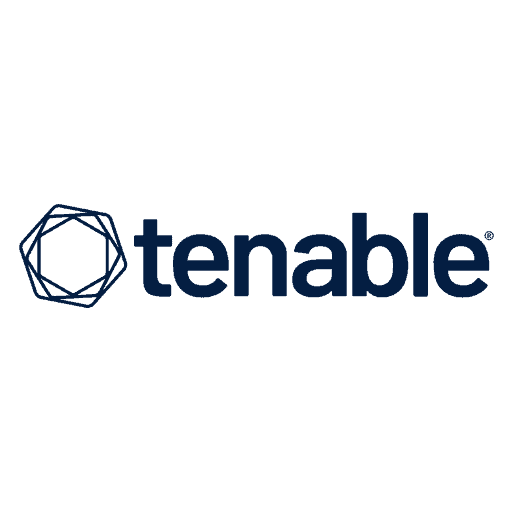The cyber security landscape is grappling with an expanding attack vector as the rise in identities from digitisation has exposed organisations to increased vulnerabilities.
The challenge is most organisations haven’t yet implemented a comprehensive identity security strategy to help manage the access for hundreds to thousands of identities, with nearly half of global companies still at the beginning of their identity journey according to the 2023 SailPoint ‘The Horizons of Identity Security’ report. These are often in disparate systems with manual processes which makes it difficult, inefficient, and worst of all, risky.
Today’s identity ecosystems are becoming increasingly complex. From multiple user access points – including employee and non-employee as well as human versus non-human users like software and bots – this dynamic nature creates a new layer of challenges, especially when it comes to ensuring security and compliance.
Whilst the emergence of AI tools has opened opportunities for attackers to innovate and become more sophisticated in their attack methods, it also offers the same level of opportunity for organisations to deploy these tools to their advantage.
The New Compliance Challenge: Why Traditional Methods Fall Short
Traditional identity management methods, often manual and siloed, simply can’t keep pace. Fragmented oversight, increased vulnerability to breaches, and a lag in addressing access discrepancies can all compromise compliance and security.
Traditional certification campaigns are flawed and time-consuming because certifies lack the insights and automation needed to consistently make accurate, forward-looking decisions. Companies need to shift the way certifications are done by using machine learning actionable insights to build and maintain their identity security policy and certify access that deviates from policy.
AI in Identity Management: The Next Frontier
The advantages of developments in AI allow businesses to add advanced new capabilities and drive greater agility. They have enabled a seismic shift to Identity Governance and cyber security, even more so when it comes to generating significant increases in speed, efficiencies, and reduction in human error.
Gone are the days when monitoring was acceptable as a reactive process. AI-powered identity solutions are proactive by nature, with built-in predictive analysis that identifies patterns to predict vulnerabilities and anticipate potential threats before they eventuate.
According to the IBM 2023 Cost of Data Breach Report: the average savings for organisations that use security AI and automation extensively is USD 1.76 million compared to organisations that don’t – yet, only 28% of organisations used security AI extensively.
AI can offer real-time monitoring, rapidly detecting anomalies in access patterns with automated remediations and customised escalation points per individual business requirements. Furthermore, with pattern recognition capabilities, these systems can learn from every interaction, refining algorithms based on business and regulation requirements to offer even more robust security over time. They do this by predicting and preventing potential security breaches, ensuring that only the right people have the right access at the right time with continuous auditing and certification of user permissions.
Upon implementing AI-driven Identity Security solutions, organisations achieve, on average, a 30% reduction in operational costs and 80% cost savings on data breaches with fully deployed security AI and automation, with one recent enterprise client reporting a 50% acceleration in access resolution.
Organisations should therefore consider implementing AI-backed dynamic trust models that adapt access based on user behaviour. This can be achieved by deploying a SaaS identity platform that leverages automation and AI, resulting in enhanced security capabilities utilisation, and safeguarding their business from emerging threats.
Meeting Regulatory Requirements with Confidence
In November 2023, the Australian Government released the “game-changing” 2023-2030 Australian Cyber Security Strategy, now rolling out across other widely adopted cyber security mitigation frameworks like the Australian Signals Directorate (ASD) Essential Eight Maturity Model.
Robust AI Identity Governance solutions help organisations stay up to date on evolving regulations, providing the agility to make the necessary modifications to maintain compliance across all regions of operation.
The stakes are high; non-compliance costs are increasing, and manual upkeep with regulations is a shifting goalpost. By providing real-time insights, dynamic access controls, and comprehensive oversight, they ensure businesses not only meet but often exceed regulatory requirements.
As we navigate the evolving landscape of compliance, security and exponential technology innovations, a proactive, AI-enhanced approach to Identity Governance and cyber security isn’t just an option; it’s the new imperative.




